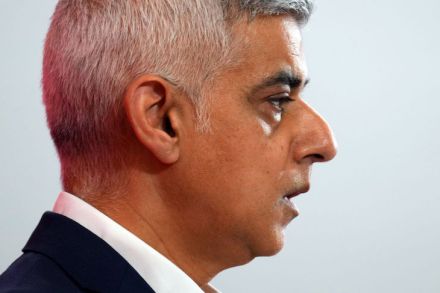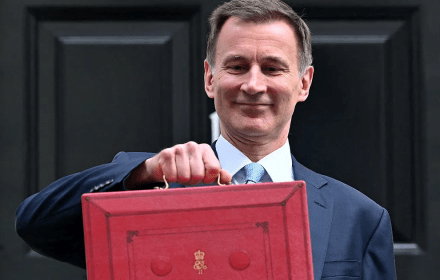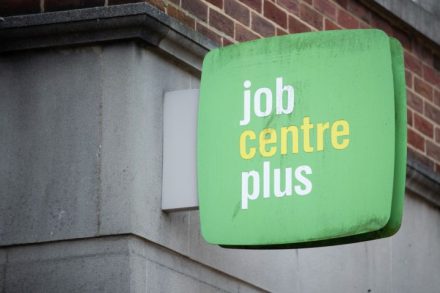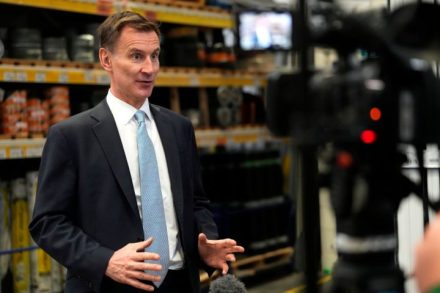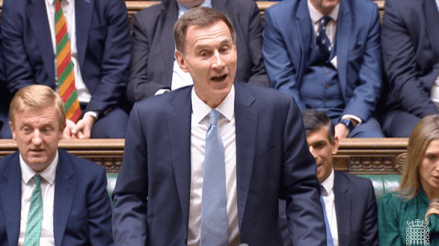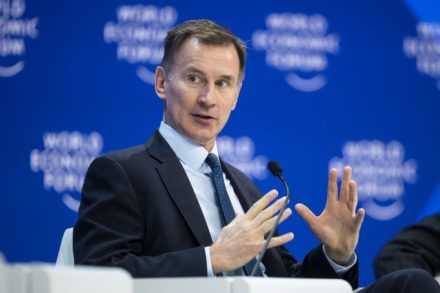Can Hunt answer the Reagan question?
Ronald Reagan famously asked voters: ‘are you better off than you were four years ago?’ At the next election, the Tories face a public thinking over the last fourteen years. Chancellor Jeremy Hunt gave a speech today defending the UK’s record tax levels and attacking Labour’s economic plans. But who should we trust more on tax? Fraser Nelson and James Heale join Katy Balls to discuss. Produced by Megan McElroy and Patrick Gibbons.





